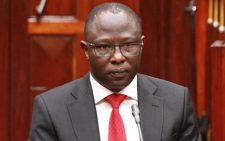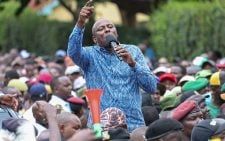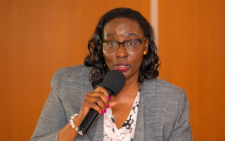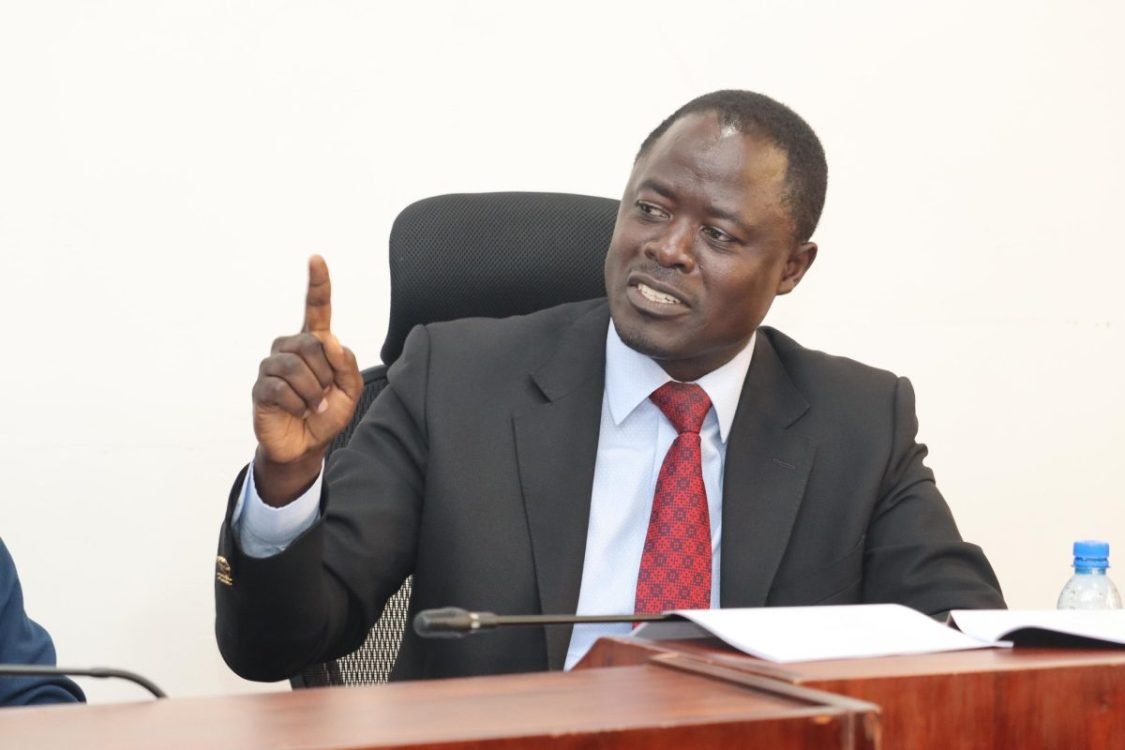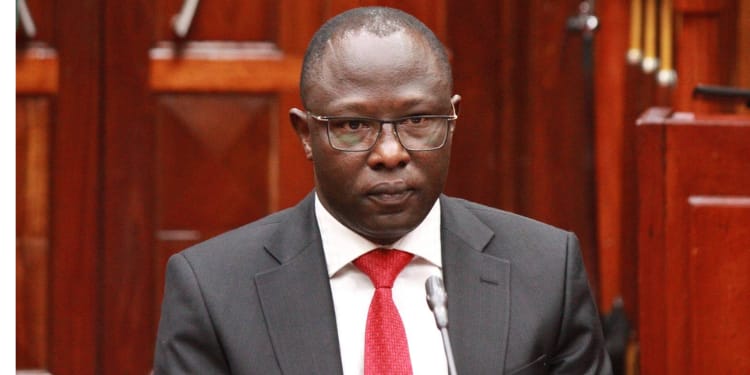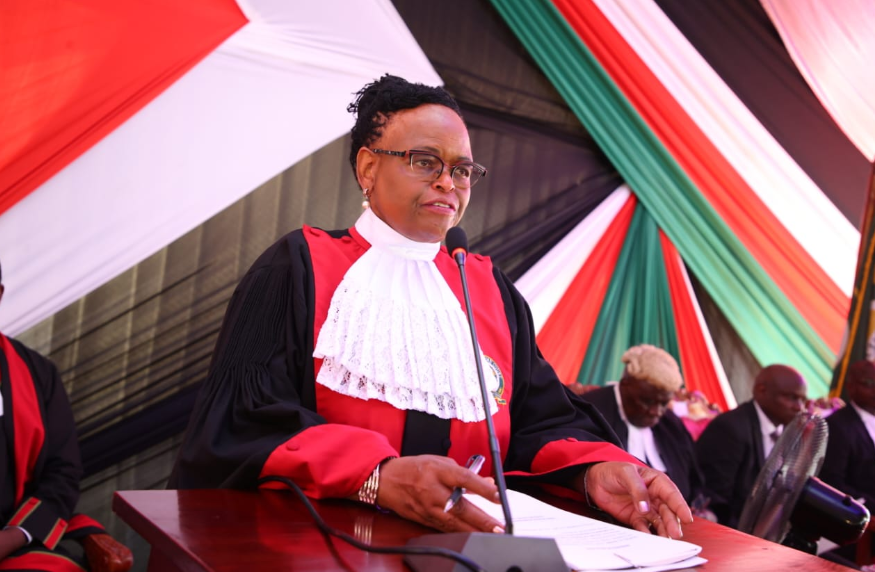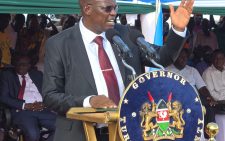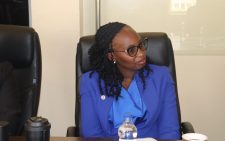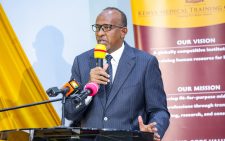Top emitters told to meet obligations
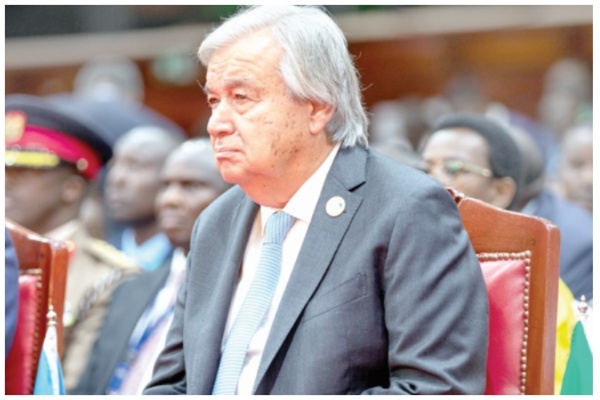
United Nations Secretary-General António Guterres yesterday spelt out strict timelines that nations must comply with to beat the ravaging effects of climate change.
Addressing delegates during the second day of the Africa Climate Summit, Guterres said developed countries must commit to reaching net zero emissions as close as possible to 2040 while emerging economies must aim for 2050 with support from developed countries.
He said it is time for the world to break its addiction to fossil fuels and invest in a just and equitable transition, adding that the globe must develop ambitious renewable energy goals in line with the 1.5-C limit.
In his call for exit from pollutant fuels, Guterres said developed countries should shun the products by 2030 while Africa and the rest of the world should do so by 2040.
Guterres demanded that developed countries must present a clear and credible roadmap to climate adaptation finance by 2025 as a first step towards devoting at least half of all climate finance to adaptation.
“They must keep their promise to provide $100 billion annually to developing countries for climate support and fully replenish the green climate fund,” he said.
Guterres pushed to have everybody covered by the early warning systems of the climate by 2027 adding that all countries must operationalise the loss and damage fund proposed in the 28th Conference of the Parties to the United Nations Framework Convention on Climate Change (COP28) this year.
“Every person on earth must be covered by an early warning system by 2027 by implementing the action plan we launched last year. Six out of every ten Africans currently lack access to these systems. The early warning for all Africa action plan launched on Monday by Africa Union will be critical in addressing these needs,” he stated.
Worst effects
He said Africa accounts for less than four per cent of global emissions, yet it suffers some of the worst effects of rising global temperatures, extreme heat, ferocious floods and tens of thousands of death from devastating droughts.
“Blow inflicted on development is all around, growing hunger and displacement, shattered infrastructure, systems stretched to the limits, aggravated by climate chaos, not of your making. It is still possible to avoid the worst effects of climate change, but only with the quantum leaps in climate action,” Guterres noted.
He called on developed countries which are the largest emitters to lead in the fight against the climate crisis, including financing acceleration to a green global economy agenda.
“I make a very strong appeal to the large emitters, the G20 countries which are responsible for 80 per cent of the emissions who will be meeting this week in Delhi (India). Assume your responsibilities,” he said.
He pushed for reforming of global financial systems to make them friendlier to developing nations as a means of just and equitable transition that does not discriminate against the low emitting Africa.
“We must have an international financial system that can provide an effective debt relief mechanism, that supports payment suspensions, longer lending terms, and lower rates and it means recapitalising and changing the business model of multilateral development banks so that they can massively leverage private finance at affordable rates to help developing countries build sustainable economies,” he said.
Critical minerals
Guterres urged the leaders to tap into renewable energy potential noting that Africa zones 30 per cent of the mineral reserves that are critical to renewable and low-carbon technologies like solar power, electric vehicles and battery storage.
“We must not repeat the mistakes of the past to benefit all Africans. The production of these critical minerals must be sustainable, transparent and just across every link of the supply chain with maximum added value produced within African countries,” he said.
He added: “African leaders should help in generating innovative green economies anchored in renewable power. From the greater Horn of Africa where over 85 per cent of electricity generation comes from renewables including massive hydropower projects in Ethiopia, Kenya and Sudan to wind and solar projects in Egypt, Algeria, Tunisia and Morocco to Mozambique which gets nearly 100 per cent of its energy from green and sustainable sources and the increased installation of large scale solar projects including in South Sudan.”


